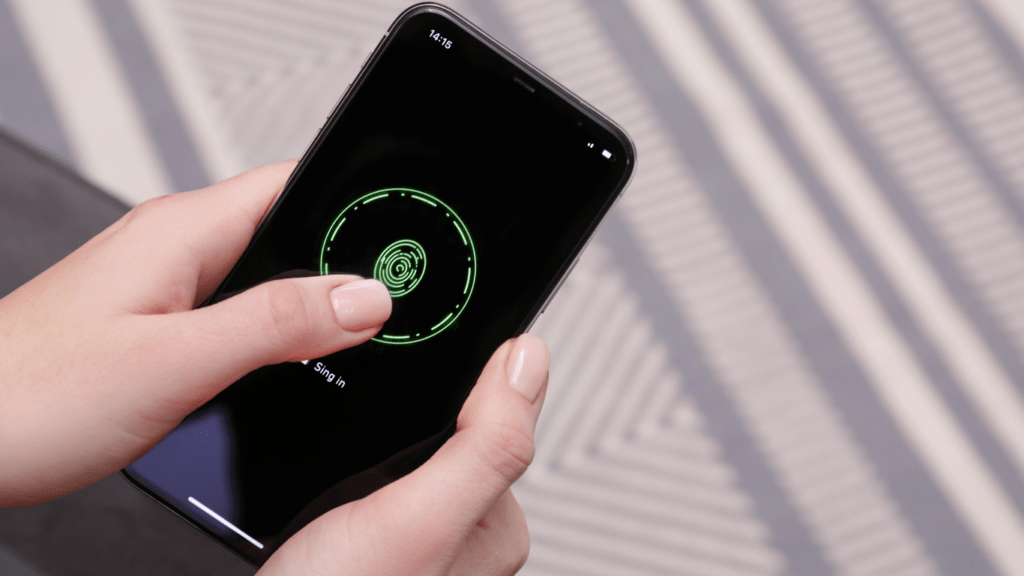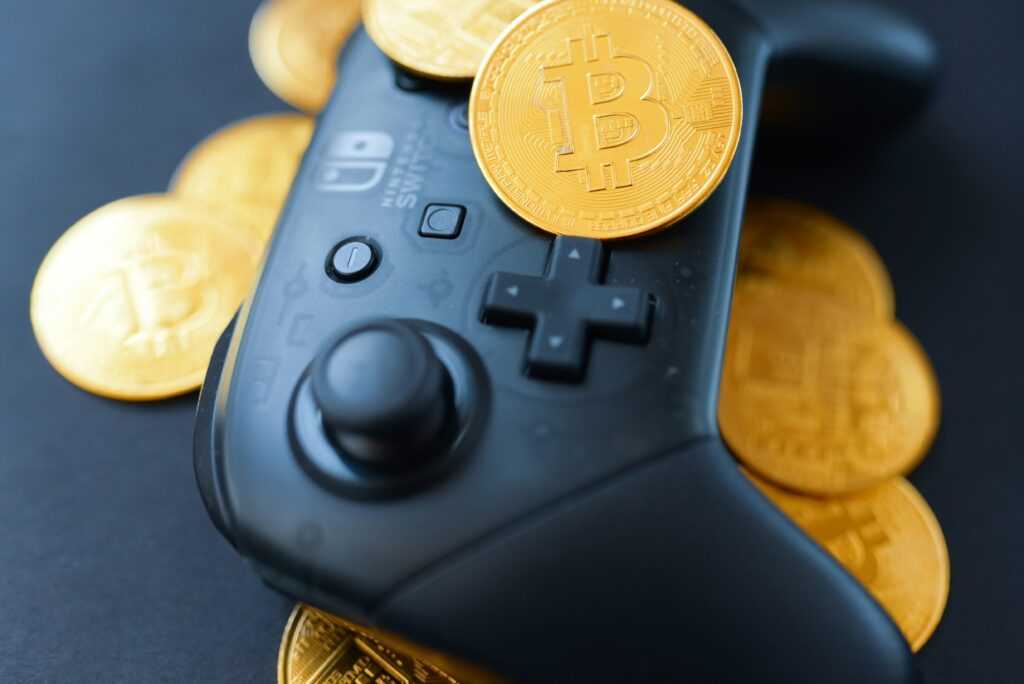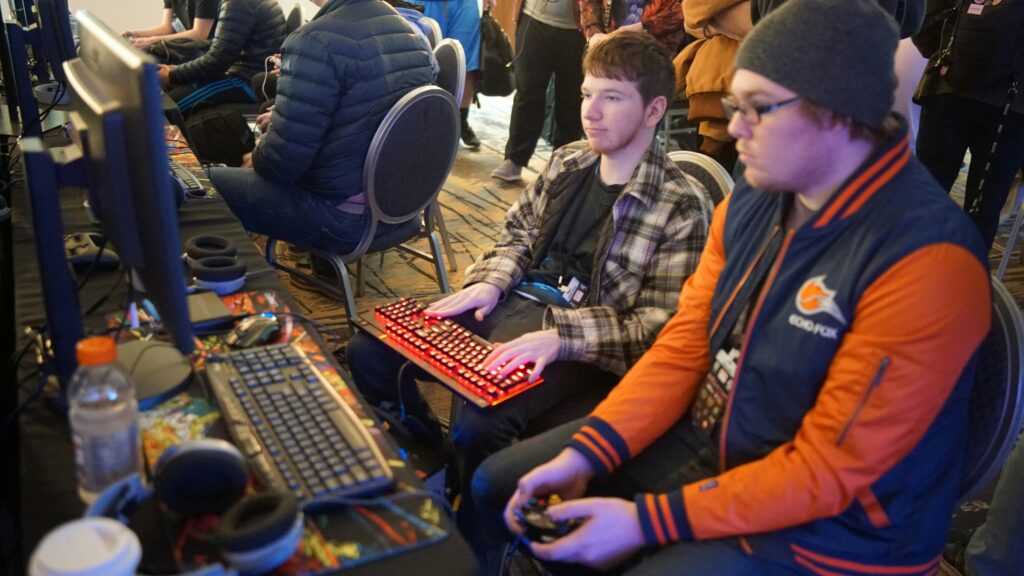In the fast-paced world of gaming, data breaches have become a prevalent threat, impacting both companies and players alike. As a passionate gamer, I’ve witnessed the aftermath of these breaches and the importance of understanding the lessons learned to safeguard personal information.
Exploring the intricacies of data security in the gaming industry reveals valuable insights on how to protect oneself from potential cyber threats. From account takeovers to phishing scams, staying informed and proactive is crucial in maintaining a secure gaming environment.
Join me as we delve into the realm of data breaches in the gaming industry, uncovering key strategies to stay safe while enjoying the immersive world of online gaming. Let’s navigate through the lessons learned and empower ourselves with the knowledge to safeguard our digital identities.
Overview of Data Breaches in the Gaming Industry
Reflecting on incidents in the gaming industry, I delve into the prevalence of data breaches and their repercussions. Understanding the landscape is crucial for safeguarding personal information. From unauthorized access to fraudulent schemes, cyber threats loom large, necessitating vigilance from gamers in upholding secure online practices.
Common Causes of Data Breaches in Gaming
Inadequate Security Measures
I’ve observed that one of the common causes of data breaches in the gaming industry is inadequate security measures. When gaming companies fail to implement robust security protocols, they leave themselves vulnerable to attacks.
It’s crucial for these companies to invest in encryption, regular security updates, and strong authentication processes to protect user data effectively.
Phishing Attacks and Social Engineering
Another significant threat in the gaming sector is phishing attacks and social engineering tactics. Hackers often use deceptive emails, messages, or fake websites to trick gamers into revealing their login credentials or personal information.
As a gamer, staying vigilant and being cautious of suspicious links and requests is essential to prevent falling victim to these malicious schemes. By educating oneself about common phishing techniques, players can enhance their cybersecurity posture and safeguard their accounts from unauthorized access.
Impact of Data Breaches on Gamers and Companies
Reflecting on the consequences of data breaches for gamers and companies, I delve into the repercussions that extend beyond just security concerns. Understanding the impact is crucial for both players and gaming entities to navigate the evolving landscape of cybersecurity threats effectively.
- Financial Losses for Gamers: Gamers stand at risk of financial losses due to data breaches, with stolen payment information leading to unauthorized transactions. By securing their personal data effectively, players can mitigate these financial risks and safeguard their assets from cybercriminals.
- Damage to Reputation: For gaming companies, data breaches can result in severe damage to reputation and trust among their player base. When personal information is compromised, customers may lose confidence in the security measures of the company, impacting future player retention and acquisition.
- Legal Ramifications: Data breaches in the gaming industry can have legal consequences, with companies facing regulatory fines and potential lawsuits for failing to protect user data adequately. Compliance with data protection regulations is essential to avoid legal pitfalls and maintain operational integrity.
- Business Disruption: The aftermath of a data breach can disrupt business operations for gaming companies, leading to downtime, financial implications, and resource allocation to rectify security vulnerabilities. Ensuring robust cybersecurity measures is imperative to prevent interruptions in service delivery.
By acknowledging the multifaceted impact of data breaches on gamers and companies, it becomes evident that proactive security measures and adherence to best practices are paramount in mitigating risks and maintaining a secure gaming environment for all stakeholders.
Lessons Learned from Past Incidents
Reflecting on past data breaches in the gaming industry, I’ve gained valuable insights that can help us enhance our cybersecurity practices. Here are key lessons learned from analyzing previous incidents:
- Strengthen Encryption Protocols: Enhance encryption protocols to safeguard sensitive user data from unauthorized access.
- Regular Security Updates: Implement regular security updates to address vulnerabilities and protect against evolving cyber threats.
- Multi-factor Authentication: Enable multi-factor authentication to add an extra layer of security and prevent unauthorized account access.
- User Awareness Programs: Conduct user awareness programs to educate gamers about cybersecurity risks and best practices for staying safe online.
- Incident Response Planning: Develop comprehensive incident response plans to efficiently mitigate the impact of any potential breaches.
By integrating these lessons into our security strategies, we can fortify our defenses and maintain a secure gaming environment for both players and companies.
Strategies to Enhance Data Security in Gaming
Exploring effective strategies to enhance data security in the gaming industry is crucial for safeguarding personal information and maintaining a secure gaming environment. By incorporating advanced security measures, gamers can actively protect themselves against potential cyber threats. Here are specific strategies to strengthen data security in gaming:
- Implementing Strong Encryption Protocols: Enhancing data protection through robust encryption protocols is essential to secure sensitive information from unauthorized access. By encrypting data both at rest and in transit, gaming companies can fortify their defenses against potential data breaches.
- Enforcing Regular Security Updates: Maintaining up-to-date security patches and software updates is vital in addressing known vulnerabilities and strengthening system security. Regular updates help in mitigating risks associated with outdated software that could be exploited by cyber attackers.
- Enabling Multi-Factor Authentication (MFA): Embracing multi-factor authentication adds an extra layer of security by requiring users to provide additional verification beyond passwords. MFA mechanisms, such as SMS codes or biometric authentication, help deter unauthorized access to gaming accounts.
- Conducting User Awareness Programs: Educating gamers about cybersecurity best practices and raising awareness about common cyber threats, such as phishing scams, empowers them to recognize and avoid potential risks. User awareness programs play a significant role in enhancing overall security posture.
- Developing Comprehensive Incident Response Plans: Formulating detailed incident response plans enables gaming companies to respond swiftly and effectively in the event of a data breach. By outlining predefined steps and responsibilities, organizations can minimize the impact of security incidents and protect user data.
By integrating these proactive strategies into data security practices, gamers can significantly reduce the likelihood of falling victim to cyber threats and contribute to a safer gaming environment for both players and companies. Strengthening data security measures is a shared responsibility that requires continuous vigilance and adherence to best practices in the ever-evolving landscape of cybersecurity threats in the gaming industry.




